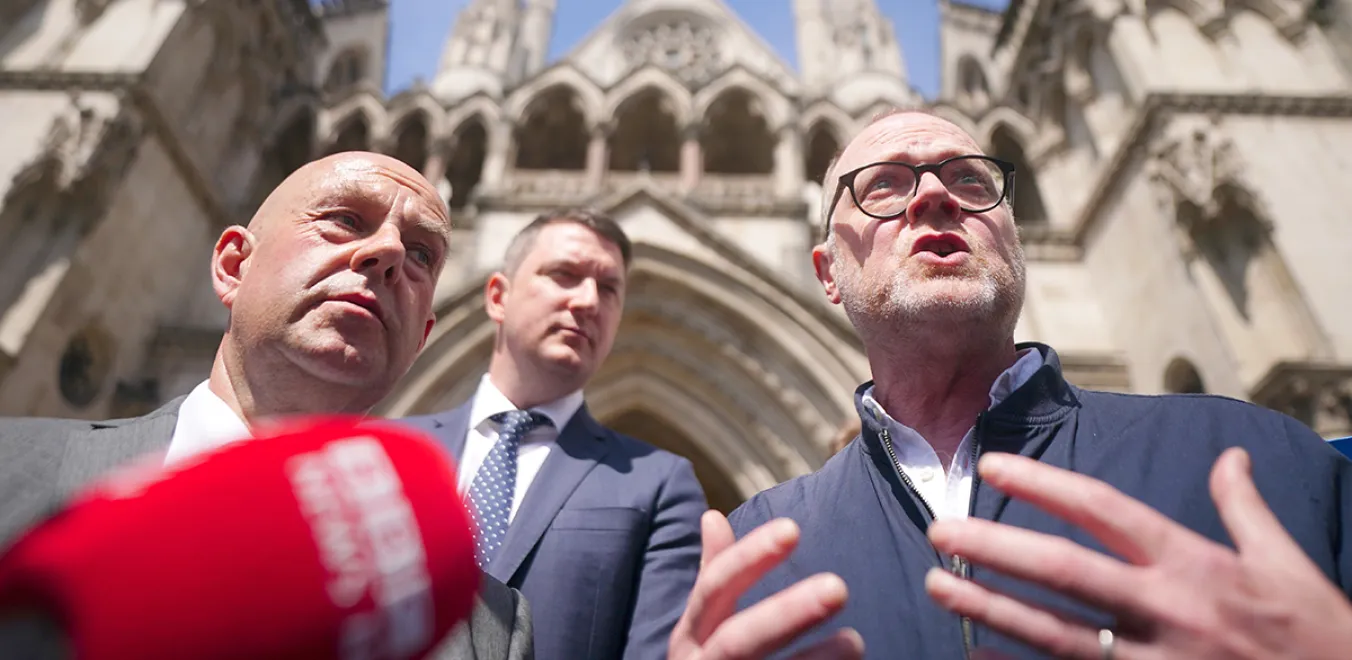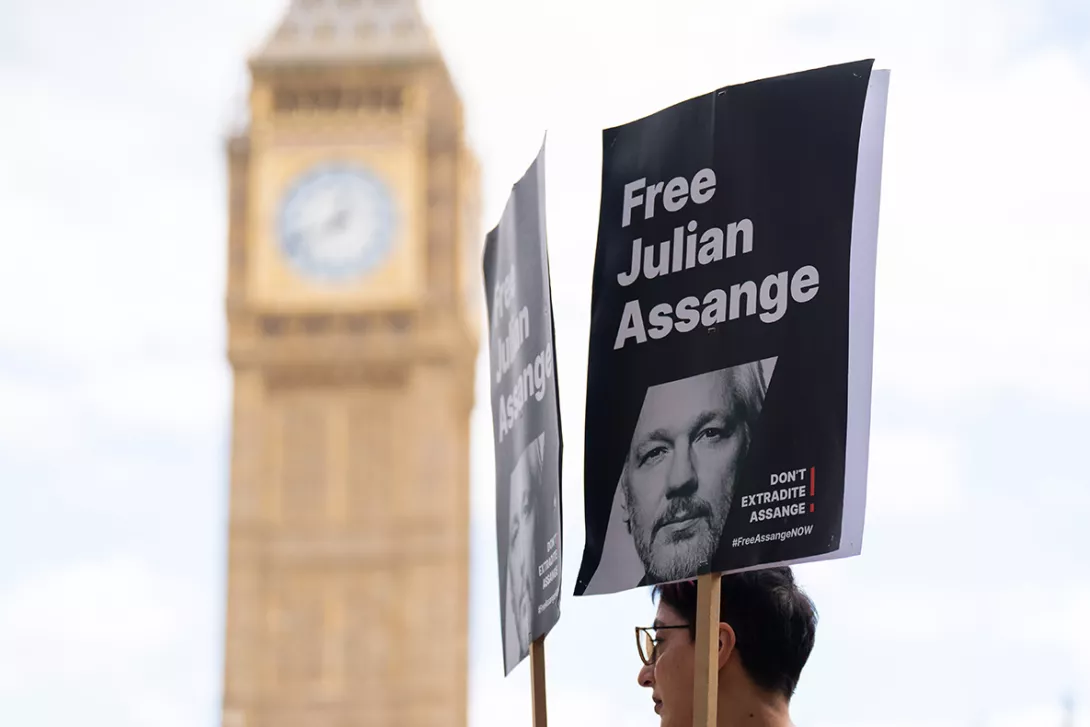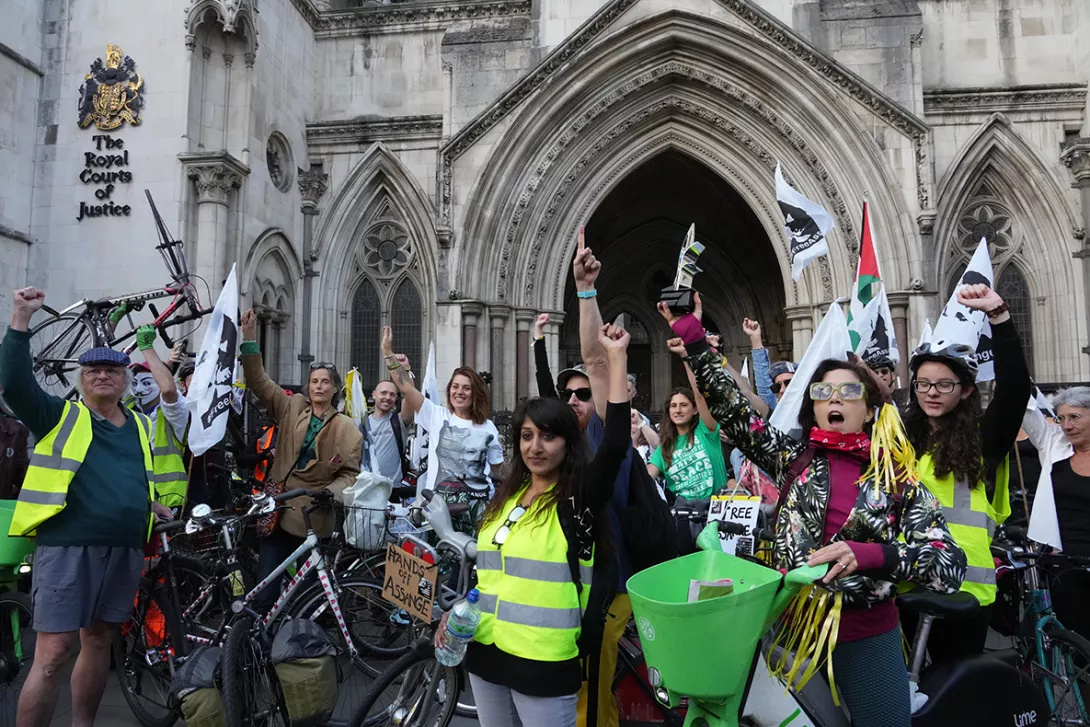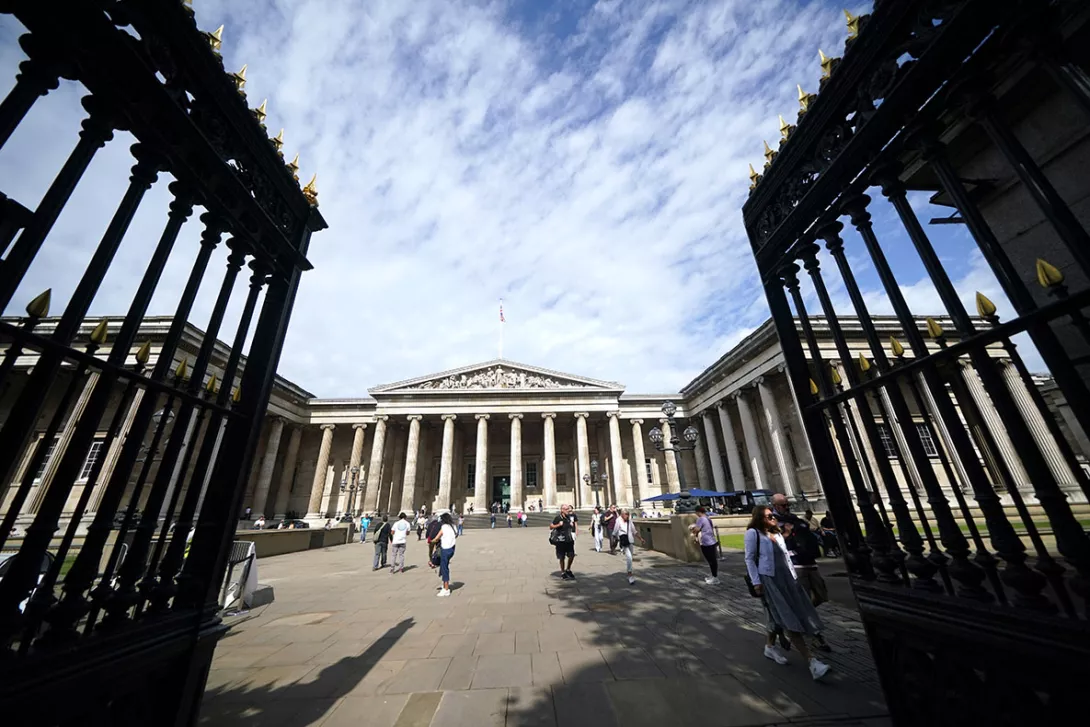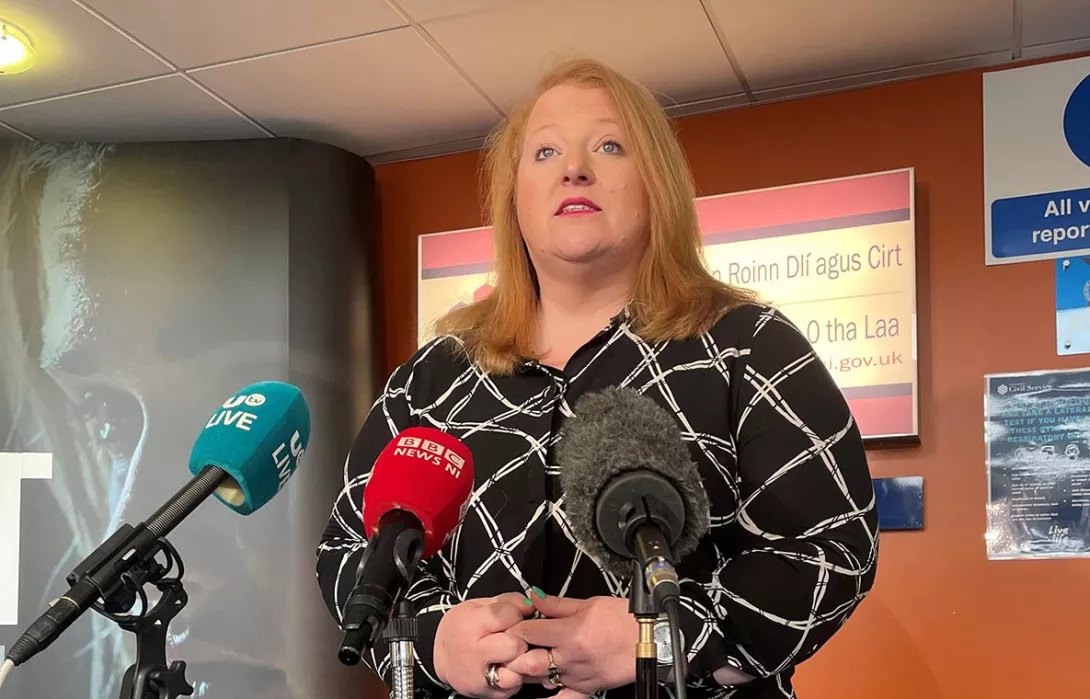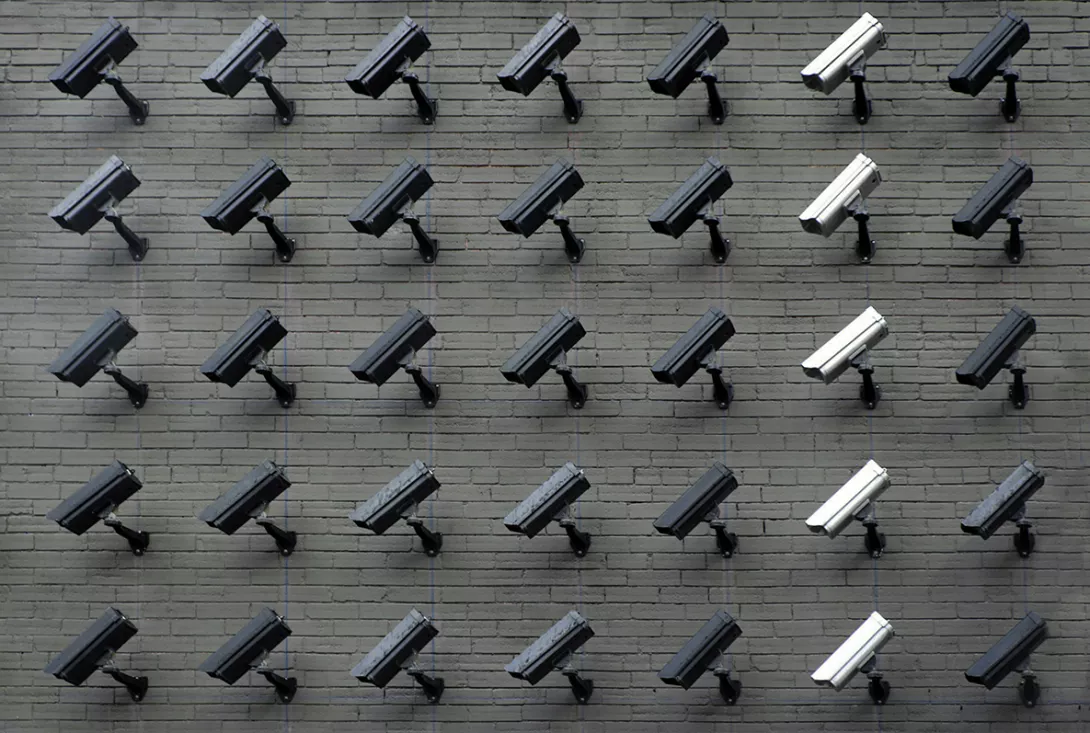
RIGHTS group Liberty secured a significant victory for a free press today during its long legal challenge against the government’s “snoopers’ charter.”
Now the government has agreed to bring in new safeguards to protect journalists from having confidential journalistic material accessed by the intelligence services.
Under the Investigatory Powers Act 2016 — the so-called charter — agencies such as MI5 and MI6 have been able to search for and identify journalists’ sources by looking at data collected through bulk hacking without needing independent authorisation.
Liberty has argued that it leaves communications between journalists and their sources and other confidential journalistic materials at risk and undermines press freedom.
Now a new requirement is being introduced via Parliament for an independent body to review all requests to search for and retain confidential journalistic material from bulk hacking data.
It has been added to the new Investigatory Powers (Amendment) Bill, which MPs were due to debate in its second reading in the Commons today.
After today’s concession, the government has asked Liberty to drop this part of its legal proceedings.
The rights organisation launched its action seven years ago, with the case due to go before the High Court later this year.
Liberty says that while it welcomes the amendments, it will only drop its legal proceedings once the Bill has been passed.
Lawyer Megan Goulding, representing the group, said: “This is a significant victory for the rights of journalists and the free press.
“For close to a decade, confidential journalist material has been spied on en masse with few safeguards or protections for how that information is gathered or used. This undermines core pillars of our democracy and has left journalists particularly exposed to state surveillance and interference.
She said that Liberty remains “concerned about the wider practice of mass surveillance, which means the state is continuing to hoover up the messages, calls, web history and more of millions of people.
“The state’s bulk surveillance powers do not make us safer: they threaten our privacy and freedom of expression and undermine our democracy.
“The government must now look to end the practice of bulk surveillance in its entirety.”
National Union of Journalists general secretary Michelle Stanistreet said: “We urge government to now recognise the need for swift implementation of safeguards and urge an end to legislation that undermines media freedom and threatens journalists’ safety.”

